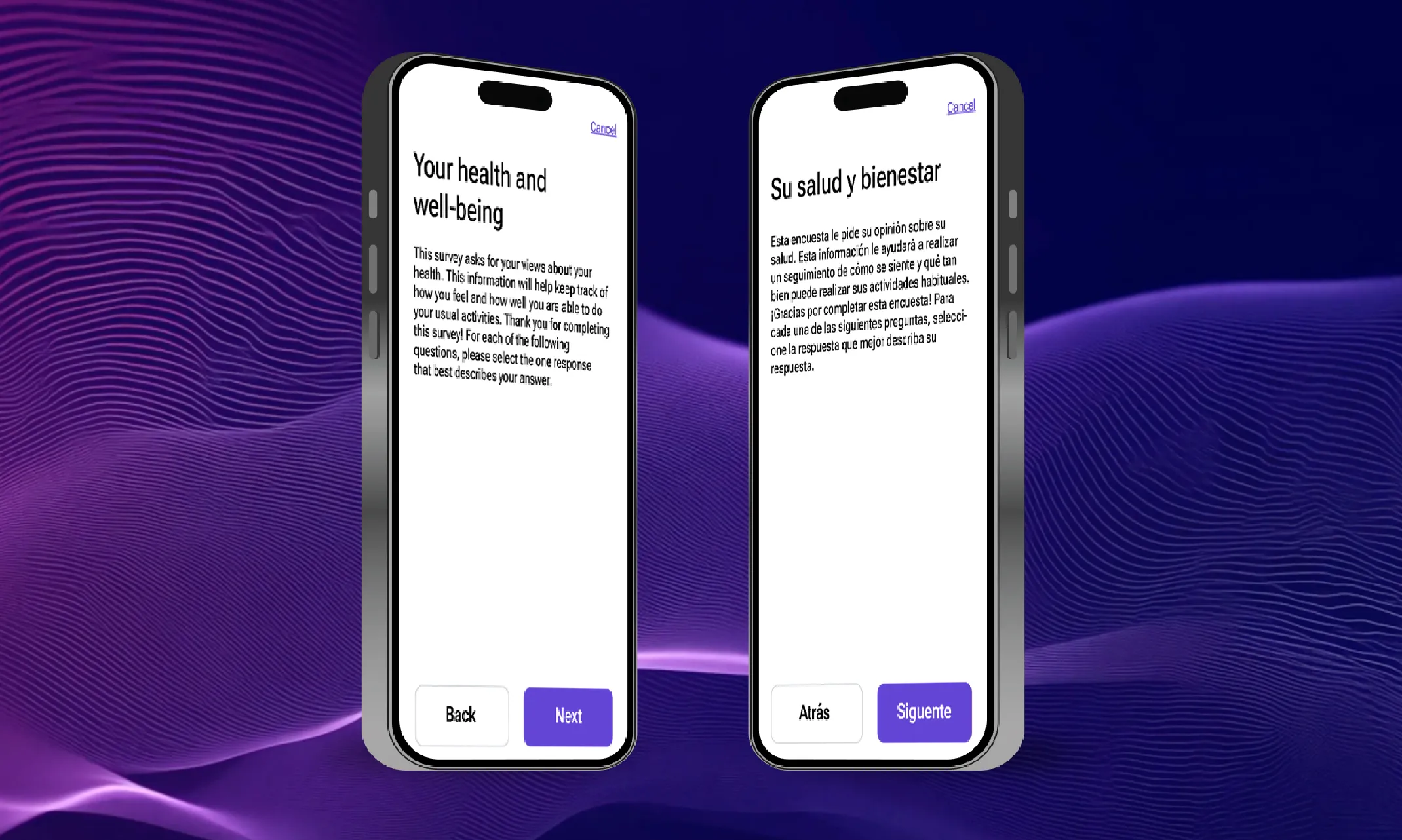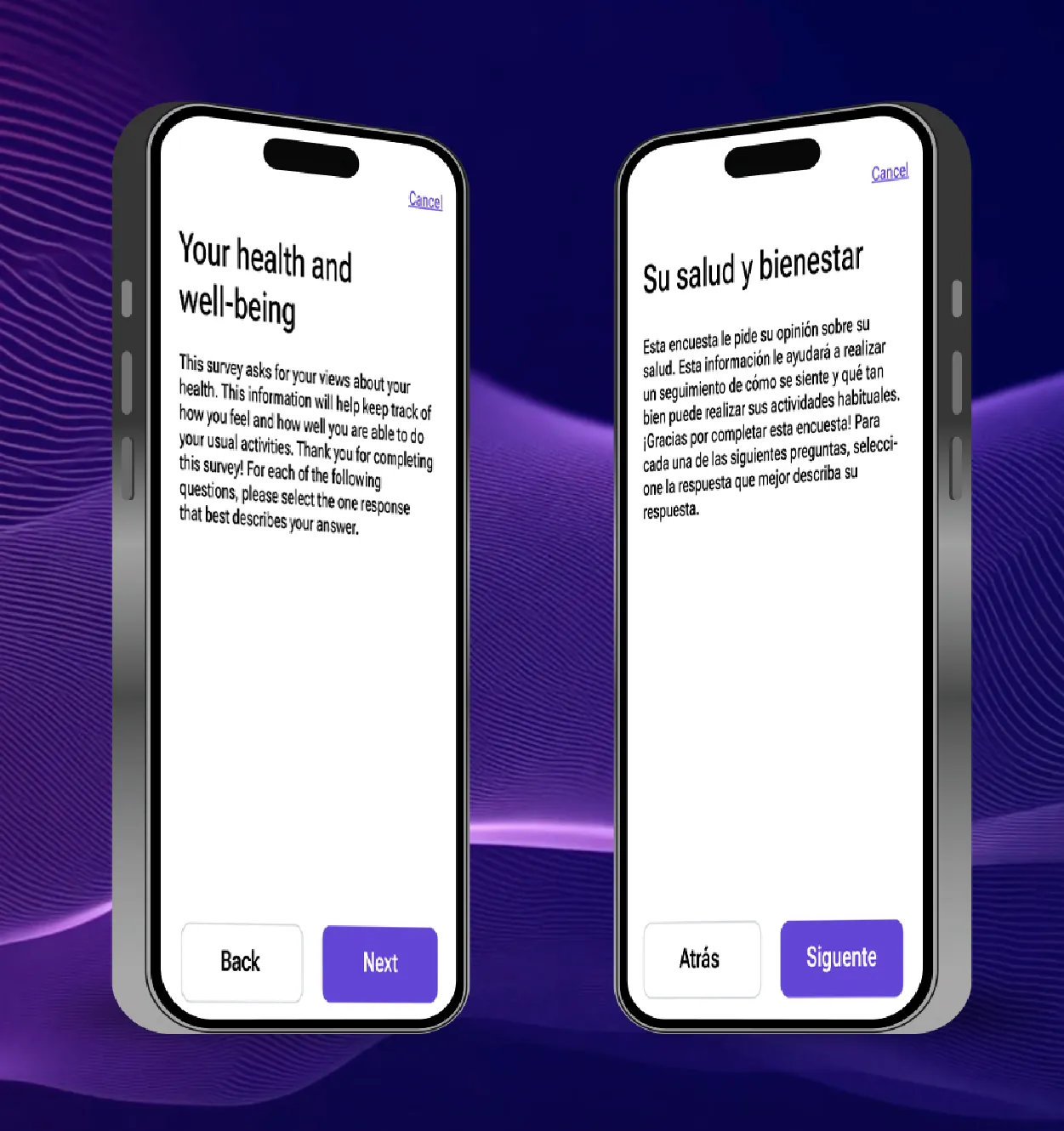Introduction
The landscape of clinical trials is evolving rapidly, and at the forefront of this transformation is eCOA (electronic Clinical Outcome Assessment) software. This technology is streamlining data collection, enhancing patient compliance, and ensuring regulatory adherence like never before. As clinical trials become more complex and decentralized, eCOA software is increasingly becoming more popular and widely used in clinical trials for capturing patient-reported outcomes (PROs), clinician-reported outcomes (ClinROs), and observer-reported outcomes (ObsROs).
Cloud-based solutions offer added flexibility and security, making eCOA software a preferred choice for many pharmaceutical front leaders. Here’s what makes eCOA software essential and how to choose the right platform.
What is eCOA Software?
eCOA software is a digital tool used in clinical trials to collect patient and clinician-reported data efficiently. Traditionally, this data was gathered using paper-based methods, leading to inconsistencies, data loss, and adherence challenges, not to mention being less convenient for participants. eCOA modernizes this process through digital devices, such as tablets, smartphones, and web platforms, ensuring real-time data capture and seamless integration with other trial management systems.
Key Features of eCOA Software:
- Real-time data capture to enhance accuracy and reduce recall bias.
- Compatibility with sensors and wearables to enhance data collection and improve real-time monitoring in clinical trials.
- Adherence tracking to improve patient engagement.
- Secure cloud-based storage for easy access and integration.
- Primed for compliance with 21 CFR Part 11, HIPAA, and GDPR, to support regulatory compliance.
Why Cloud-Based eCOA Software is Becoming the Industry Standard
The shift to cloud-based eCOA solutions is driven by the need for flexibility, scalability, and data security. Traditional on-premise solutions often struggle with data silos, lack of real-time insights, and integration issues and long-term upkeep demands. Cloud-based systems, on the other hand, offer several advantages:
1. Full Transparency & Control
Cloud-based eCOA software provides real-time visibility into the entire study process, from initial study build to ongoing trial execution. Trial Sponsors can review what is being built, provide feedback, and ensure alignment with study goals in real time. With platforms like Medable Studio, they can log in at any time to track progress, view data insights, and monitor study performance without waiting for periodic updates.
Learn more about how Studio enhances clinical trial control and efficiency here.
2. Scalability & Reusability
A major advantage of cloud-based eCOA software is its ability to scale efficiently across multiple studies and drug programs. Sponsors and CROs can build a study once and reuse its structure, assessments, and workflows across different trials, reducing duplication of effort. This also applies to translations—once created, they can be seamlessly applied to future studies, driving long-term efficiency and cost savings.
3. Real-Time Data Access & Analytics
Immediate access to patient-reported outcomes and clinician assessments ensures full transparency into study progress, enabling sponsors to identify potential issues early, mitigate risks, and make informed, data-driven decisions in real time. This visibility allows for proactive adjustments, leading to better trial outcomes and optimized study execution.
4. Improved Patient Engagement
Cloud-based platforms enhance patient engagement through automated reminders and notifications, real-time feedback, and seamless data entry, reducing the burden on participants and improving study adherence. Integrated mobile applications and user-friendly interfaces make it easier for patients to stay on track, ultimately improving compliance and retention rates.
5. Lower Operational Costs
By removing the reliance on paper-based data collection, manual entry, and frequent site visits, cloud-based eCOA software significantly reduces administrative overhead, operational expenses, and the time required to manage trials. Sponsors and CROs can allocate resources more efficiently, resulting in cost-effective, streamlined study execution..
How eCOA Software Enhances Clinical Trials
Centralized Oversight & Study Transparency
One of the biggest challenges in clinical trials is maintaining clear oversight across multiple sites and stakeholders. eCOA software provides centralized, real-time visibility into study progress, allowing sponsors and CROs to monitor data collection, compliance trends, and site performance from a single platform. This transparency ensures trials remain on schedule and within regulatory requirements while reducing administrative burdens.
Standardization & Data Consistency Across Studies
With eCOA, sponsors can develop standardized assessment templates and workflows that can be reused across multiple studies. This consistency not only reduces setup time but also improves data comparability and reliability across trials. Translations, compliance requirements, and validated assessments can be efficiently applied across global studies, increasing operational efficiency over time.
Real-time Monitoring
The ability to capture and analyze real-time data enables real-time monitoring, allowing sponsors to proactively identify potential issues and make data-driven decisions to optimize study execution without disrupting study integrity. With risk-based monitoring, eCOA software helps identify sites or participants that may require additional attention, ensuring proactive issue resolution rather than reactive problem-solving.
Streamlined Site & Patient Workflows
Clinical trial sites and participants benefit from eCOA’s ability to simplify workflows while also offering a modern, consumer-grade digital experience. Automated data capture, integrated reminders, and seamless device compatibility ensure that patients and site staff interact with an intuitive, user-friendly platform that aligns with the digital experiences they expect in daily life. By providing a familiar, accessible interface, eCOA software enhances patient adherence and site efficiency, reducing the burden on study teams and participants. This results in higher engagement, fewer errors, and improved study retention rates.
Conclusion: The Future is Digital
The adoption of eCOA software is no longer a luxury but a necessity in clinical research. With cloud-based solutions driving efficiency, compliance, and scalability, the industry is rapidly transitioning to digital-first methodologies. By investing in the right eCOA platform, sponsors and CROs can enhance data integrity, improve patient engagement, and accelerate the path to market for new therapies.
Want to learn more? Explore Medable's cloud-based eCOA software here.









.webp)
